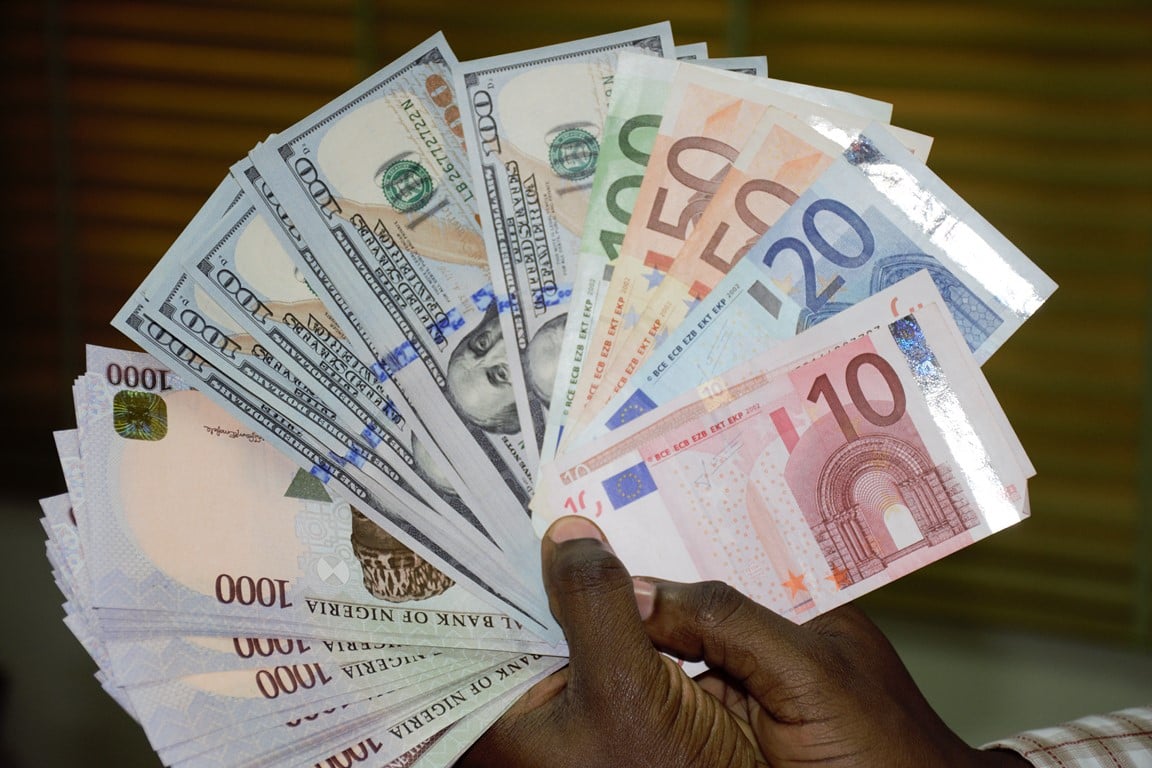“I am a business man who import goods from China. Since the CBN policy, I send dollars to my manufacturers in China through an agency in Nigeria. My last transaction was 45,000 dollars and I have a receipt from the agent. The problem is that the money did not get to China and my agent said the reason was that two of the people travelling with the cash were arrested by security operatives at the airport. About 11 million dollars was seized by the govt and the two men have been jailed. What remedy do I have under the law as my contract is with the agency and not with the convicts?” – Chidike, a trader in Lagos.
KUSAMOTU & KUSAMOTU REPLIES:
The issue in this case falls under the law of contract and the law of agency.
The law of contract stipulates that parties are bound by their agreement and default or failure by one of the parties to fulfil its obligations under the contract amounts to a breach of contract. An agency is a relationship between a principal and an agent under which the agent acts on behalf of the principal. The agent owes the principal a fiduciary duty of care in fulfilling its obligations under the agency.
In this case, it can be seen that the agent has breached its obligations under the contract of agency by not exercising duty of care thereby causing a seizure of the funds by security operatives. Failure to have the money delivered to China thereby constitutes a breach of the contract which is actionable in law. The arrest of the men travelling with the money is immaterial to your claims as you have no contract with them, and even if you had a contract with them, you still have a right in law to recover your funds.
Advertisement
It is therefore our considered opinion that an action can be brought at the High Court for damages arising from breach of contract. You could also pray the Court for an order of specific performance on the part of the agent.
The law of contract stipulates that parties are bound by their agreement and a default or failure by one of the parties to fulfil its obligations under the contract amounts to a breach of contract. However, where such contract is illegal by virtue of being expressly or impliedly prohibited by statute, no rights under such illegal contract can be enforced in court because it is void ab initio and unenforceable.
Section 5 of Foreign Exchange, (Monitoring and Miscellaneous Provisions) Act which is very relevant to this case stipulates that banking and non banking corporate bodies can carry out foreign exchange operations upon authorisation from the CBN. Therefore, the license of the CBN must be obtained before engaging in foreign exchange dealings, and in this case it would appear that the agency is not licensed to deal in foreign exchange operations thereby voiding the contract between you and the agency as the transaction for transfer of money is illegal because it is contrary to the law. Therefore, the contract is unenforceable and no rights can be enforced therefrom.
Advertisement
Notwithstanding the above, under the equitable doctrines of quantum meruit and money had and received, the $45,000 you advanced to the agency can be recovered. These equitable doctrines provides restitution where a contract is unenforceable or has failed. The essence of these doctrines is to prevent unjust enrichment especially when the funds sought to be recovered are still in the possession of the other party.
However, these equitable doctrines may not avail you in this case because the money has been seized. The doctrines are only applicable if the agency still has possession of the money. Therefore, if you decide to go to court it might be a weak case.
But in the event that the money is returned, which is very unlikely, then you may be able to recover your funds.
In the future, it is advisable that you go through the proper channels when engaging in these kinds of dealings in order to avoid the kind of loss you just suffered.
Advertisement
Kusamotu & Kusamotu, in collaboration with TheCable, publishes this column every week to answers reader’s general legal queries. This column is intended to give readers a general overview of the law and is not a substitute to the role of an attorney.
Send in your questions by email to [email protected].
You can also read the column online at www.kusamotu.com and click on publications.
About Kusamotu & Kusamotu
Kusamotu & Kusamotu is an all service law firm based out of Abuja, Lagos, Kano and Onitsha in Nigeria. We cover all aspects of the law and specialise in all aspects of International Trade with special focus on Trade with China, corporate and commercial matters including Mining, Oil & Gas, Tax, Litigation, Competition, Banking & Intellectual Property law.
Advertisement
Addresses: Lagos Office: 67A, Lafiaji Way, Dolphin Estate Ikoyi, Lagos State, Nigeria; Abuja Office: No 7, Yauri street, Off Olufunmilayo Ransomkuti street, Area 3, Garki Abuja Nigeria; Kano Office: 7C, Muritala Muhammed Way, Opposite Kano Club, Beside Standard Chartered Bank, Kano State, Nigeria; Anambra Office: Third floor, No 37, New Market road, Onitsha, Anambra State Nigeria.
Phone: Lagos Office: +234 (0) 814 720 3068; Abuja: +2348062424656, +2348034984549; Kano: +2348182470318; Anambra: +2349094642687; Emergency Contact: +2348033142619
Advertisement
W: www.kusamotu.com
Advertisement
1 comments







I am not sure if you have given the right advice. Although the complainant refers to the receiver as an agent, I believe the word “agent” is a misnomer in the case. Firstly, if the receiver is a licenced money dealer he cannot be called an agent. He will be solely liable for any losses incurred and suffered. But if he disclosed to the complainant the means by which this transaction will be effected it cannot lie in their mouths to refer to this as a legitimate transaction as it will be an illegal transaction under the money laundering laws.